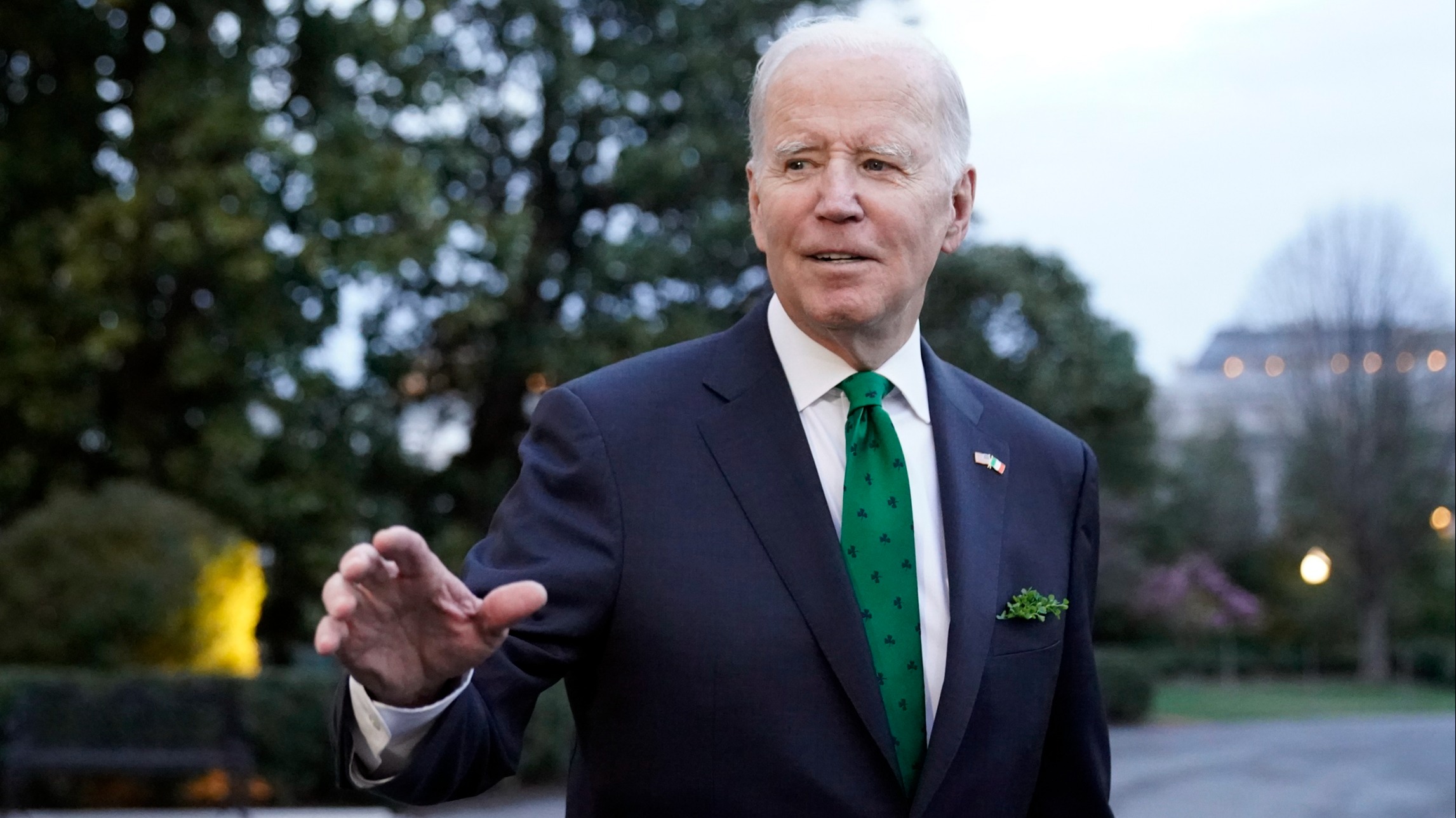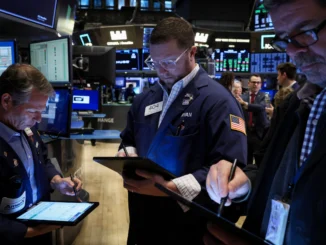
WASHINGTON — The U.S. is considering trialing a mechanism for reviewing outbound investment into China, eyeing a relatively narrow set of sensitive industries after businesses lobbied against a broad initial proposal.
The program, intended to block spending that could help Beijing develop more-advanced military gear, would require companies to notify Washington in advance of potentially problematic investments.
The concept has been described as a “reverse CFIUS,” referring to the Committee on Foreign Investment in the United States, an interagency body that reviews foreign investment in the U.S. and allows the president to block moves deemed security threats.
An executive order on the program could come within weeks or months, according to U.S. media reports. It would mark a further step in the decoupling of the American and Chinese economies, restricting capital flows after October’s sweeping semiconductor export curbs limited the movement of goods and people.
Lawmakers and officials have been working on an outbound investment screening mechanism since President Joe Biden took office in 2021, but objections from the business community over the prospect of increased red tape and lost opportunities have delayed its implementation.
Reports this month from the Commerce and Treasury departments indicated that final policy decisions will come soon. Both statements assert that the program would “focus on investments that could result in the advancement of military and dual-use technologies by countries of concern.”
“Action may include prohibiting certain investments and/or collecting information about other investments to inform potential future action,” the reports said.
Commerce Secretary Gina Raimondo said early this month that Washington is considering starting with a pilot program, and suggested that the government will proceed cautiously.
“There are a lot of U.S. pension funds invested in China, and people’s retirement money,” she said. “You certainly don’t want to do anything that has an unintended consequence.”
Likely candidates for screening include advanced semiconductors and quantum technology, and areas such as artificial intelligence have been proposed as well. Raimondo stressed the need to limit the program, saying that “anything that’s overly broad hurts American workers and the economy.”
Congress considered legislation last year that would have established an interagency committee to review a broad swath of outbound spending, spanning roughly 40% of all U.S. investment in China by one estimate.
The measure ultimately failed to pass amid objections from the private sector over the impact on business. The Biden administration is now considering a simpler version.
The rush by the White House comes as Congress takes a more hawkish line toward Beijing. Developments such as the recent incursion by a suspected Chinese spy balloon have left the administration more exposed to Republican criticism that it is soft on China.
Even a narrowly targeted screening system could further dampen American companies’ appetite for investing in China, which had already been hit by the tensions between the two countries.
Investment from the U.S. into China was down by roughly half in 2021 compared with 10 years earlier, according to the Rhodium Group, reversing the rush into the swelling Chinese market around the time of the 2008 Beijing Olympics.
The screening program may affect not only American companies, but also multinationals that do business in both the U.S. and China.
Few countries have the authority to screen outbound investments, according to law firm Akin Gump Strauss Hauer & Feld. The firm cited the example of Taiwan’s authority over investment in China, and noted that such measures are under consideration in Europe as well.
Source: asia.nikkei.com



